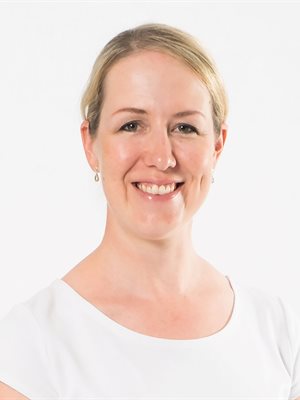
Jess Cleland
Now imagine you served a birthday cake to your family, but you had baked it using salt instead of sugar because someone had labelled the packet incorrectly. Imagine you could not add any cocoa because the cocoa was kept in your neighbour’s cupboard, and they would not share the key.
Imagine if the butter was mouldy because it expired last year, but nobody noticed something was wrong.
Your family would never trust your baking again.
If you make a cake from bad quality, poorly labelled, inaccessible and out-of-date ingredients, your cake will be garbage.
It is the same with data. It is what we call Garbage In = Garbage Out, or GIGO. You would not bake a cake with garbage, we would not make business decisions based on garbage.
Think of data as the ingredients in a recipe. How they get mixed together – the quantities, the methods, and the process – this is analytics. And how the cake is served up to be eaten, this is interpretation, visualisation and communication. For a successful result at the end, we need expertise at every step of the way.
The magic of cake is in the magic of combining ingredients. A plate of flour by itself doesn’t really appeal. But having someone with the knowledge, skills and expertise to combine the right ingredients, with the right methods and tools, can transform something plain into something irresistible.
At Cushman & Wakefield | BROLL, we do this with real estate information. Knowing the demographics of an area, or pinpointing your competitors’ footprints, or seeing the trends of market rentals in a particular node, are merely interesting when viewed in isolation. But combine sources of data to reveal a more holistic picture of what is really going on, and piece together insights that are invisible when data is viewed separately, and you get magic. Linkages and trends that have previously gone unnoticed suddenly reveal themselves.
Advances in AI and machine learning models can do this at scale and at speed, and can find patterns in more dimensions than human brains can think.
What does the future of green energy mean for how petrol station forecourts will need to diversify? How do the banking needs of Millennials and Gen Z impact the future of bank branches? Where do retailers need to be to gain optimal market share?
The truly important step then becomes how to use this insight. Even if we know what might be happening now – or, crucially, what might happen in the future – what do we do about it? This is where real estate experts can look at data, information and trends through a real estate lens and apply it to real estate decision-making.
When we have the right ingredients, great recipes and experienced chefs, we can produce delicious answers.